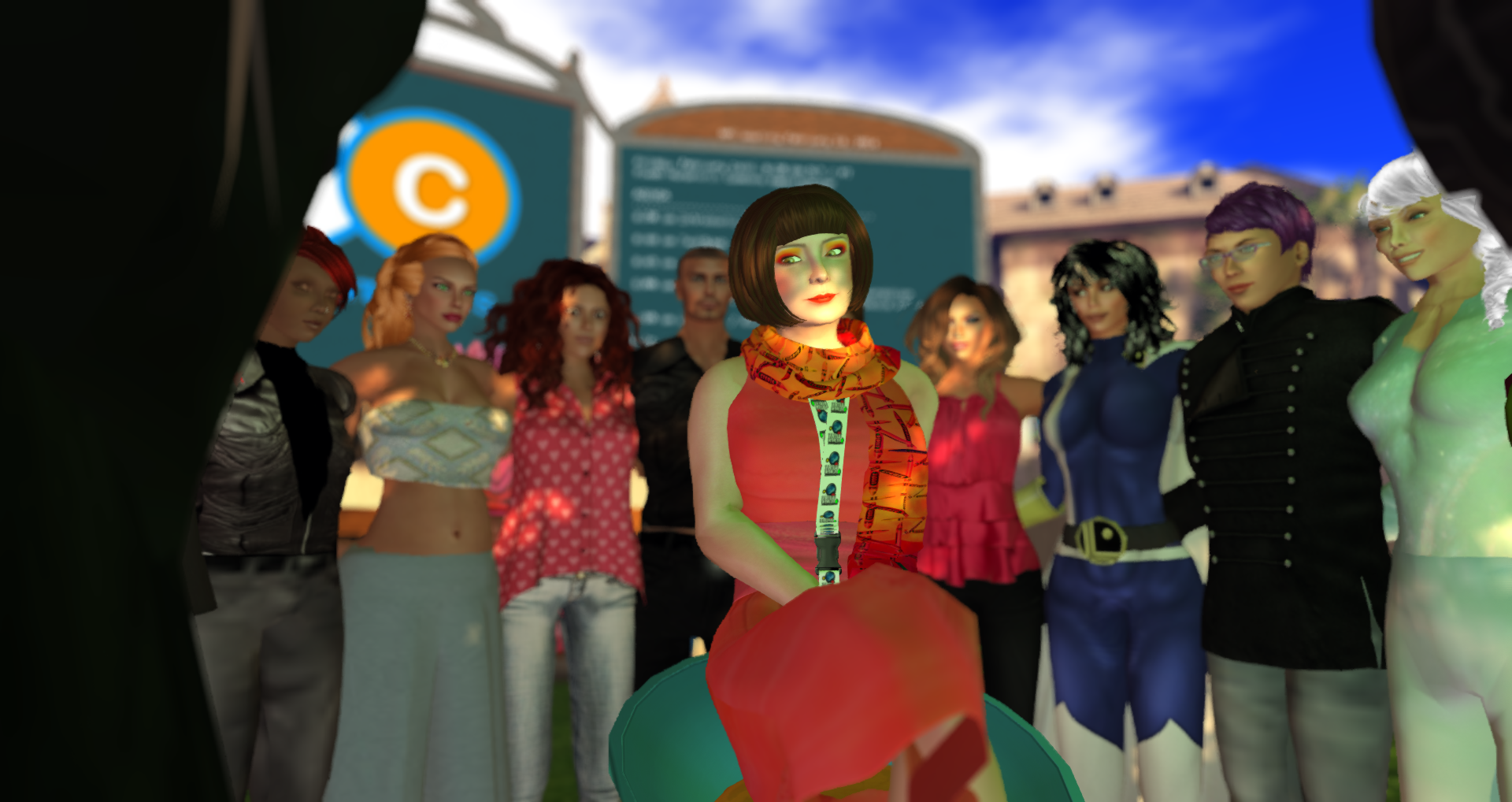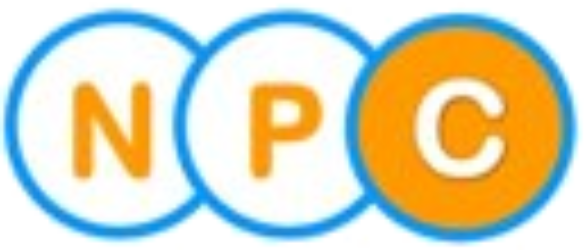What if every student and teacher in a district had access to a unified virtual space filled with engaging educational experiences, designed just for them? This is not science fiction, this is being built in the Metro-Atlanta area today.
On April 13, the Nonprofit Commons hosted Steve Mashburn and Snoopy Pfeffer to talk about the Noble virtual world being created for metro-Atlanta schools. Steve Mashburn is the coordinator of online education for Forsyth County Schools in Georgia, and Snoopy Pfeffer is the founder and CEO of Dreamland Metaverse, an OpenSim hosting provider.
I was inspired by how articulately Mashburn connected the Noble Virtual World initiative with their larger vision of 21st century citizenry, a “blended learning” approach, and re-defining what “school time” means. And rather than a one-size-fits-all approach, they seem to understand that different students , different teachers, and different classrooms have different needs and interests.
Read to find out more about this very interesting educational virtual world project….
Mashburn began by explaining what the Forsyth County School district includes. Metropolitan Atlanta region consist of 13 counties plus the cities of Atlanta, DeKalb, and Buford. Forsyth County is on the extreme north part of the metro region. The Forsyth County School system includes 38,000 students and more than 3,000 full-time teachers. They operate 35 schools — 19 elementary schools, nine middle schools and five high schools.
TECHNOLOGY FOCUS
Forsyth County Schools is dedicated to improving student achievement through technology-enriched learning opportunities. “Our vision,” wrote Mashburn, “is to use classroom technology to engage students in asking questions and choosing tools to facilitate real world problem solving.”
Interactive digital whiteboards have been installed in all classrooms across the district. Beyond hardware, Instructional Technology Specialists are assigned to each school to work with teachers to model teaching and learning strategies for technology integration. Teachers are provided on-going professional development to experiment, initiate, and create new models of teaching and learning for dynamic and changing curricula. A learning management system (LMS) brings together teachers and students in an online environment.
They are committed to a “blended learning” model, where online learning and traditional classroom learning happen in a coordinated fashion. According to Mashburn, this is not an alternative way to do school, but the “very future of education itself.”
They view virtual worlds technology as “the next logical step” beyond learning management systems (LMS) toward more interactive and engaging tools. They are using a phased approach, where a small group of teachers will pilot the use of virtual worlds, and slowly create demand among students and parents. They predict this will be more effective than mandating it for every teacher and classroom at the same time.
VISION FOR NOBLE VIRTUAL WORLD
The district has a larger vision of developing 21st century citizens through virtual world learning experiences. Different forms of learning will be possible, from students working alone, in collaboration with each other, and with teachers. “Our learning model enables all students, with a diverse range of personality traits and learning styles to be successful,” wrote Mashburn.
They view virtual worlds as a means for engaging students in a different way with the real world, and allowing them to construct their own knowledge in a shared space. The emphasis will be less on “doing” assignments and more on “being” different roles. Students will — through their avatars — “be” :
- scientists who do experiments to solve a problem,
- engineers who use math concepts to construct a bridge,
- graphic designers who use color theory to design a business logo.
Mashburn sees virtual world learning as going beyond traditional online learning — even game-based learning which is always pre-set and calculated. In his view, the virtual world allows for more unexpectedness, spontaneity, and teachable moments that make learning and teaching enjoyable.
“At the heart of it,” summarizes Mashburn, “avatars in a virtual world are people interacting with other people.”
VIRTUAL WORLD PROVIDER
Snoopy Pfeffer introduced the company Dreamland Metaverse, which offers hosting on the OpenSim platform for various customers, from educational institutions to Fortune 500 companies. They offer both OpenSim regions and entire grids.
Building upon the OpenSim foundation, Dreamland Metaverse creates additional functionality for their customers, such as the Forsyth Country Schools. Much of this functionality for the schools focuses on creating different levels of access for students, teachers and administrators. While students are locked to the Nobel virtual space, teachers and administrators can travel to other OpenSim worlds to network, get resources and experience other virtual environments.
For more info about the Noble Virtual World see http://www.forsyth.k12.ga.us/Page/34932. You can find more information about Dreamland Metaverse at http://www.dreamlandmetaverse.com.
Written by: rikomatic


